The government’s investment promotion body says almost 400 foreign or mainland companies started up or expanded in Hong Kong last year, calling the city “a natural first choice” as an Asian base for multinationals.
Alpha Lau, director general of investment promotion at InvestHK, said on Friday that 382 companies had either arrived or expanded and the department had “regained momentum” after the city had fully reopened its borders in early 2023 following the lifting of Covid curbs.
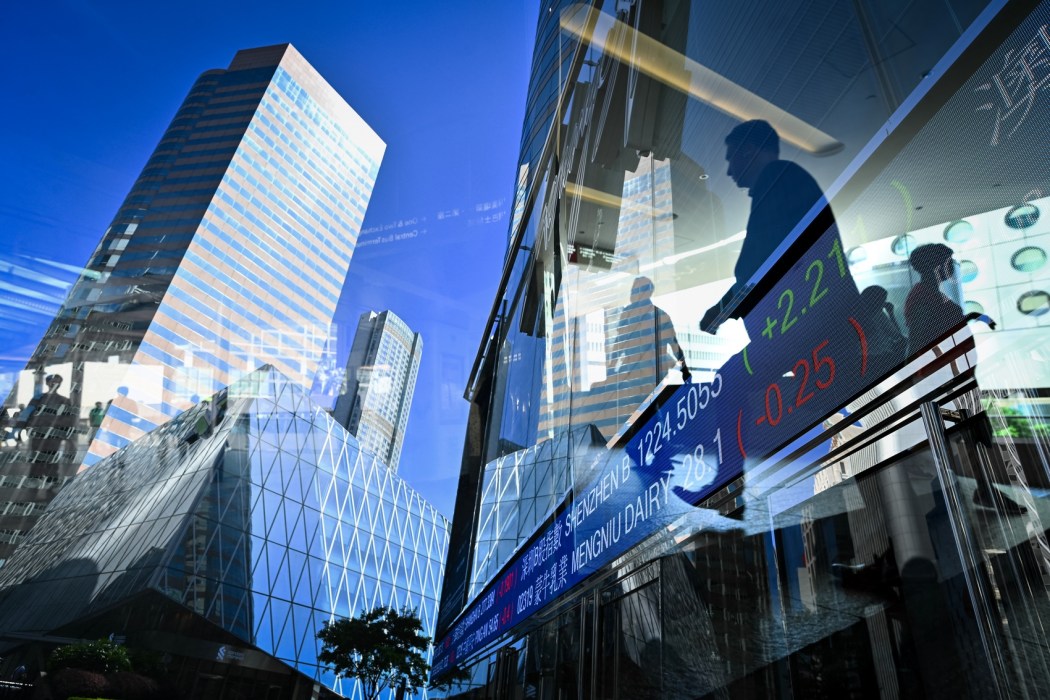
“As companies were able to resume their Asian strategies after the pandemic, Hong Kong is a natural first choice as a business base, and many global multinationals and entrepreneurs alike will return to the city,” Lau said in Cantonese.
In response to HKFP, the department said 255 companies were newcomers while 127 were existing ones which expanded in Hong Kong last year.
The total marked a significant decrease compared to the pre-pandemic level. The department attracted 497 companies in 2019 and 436 in 2018.
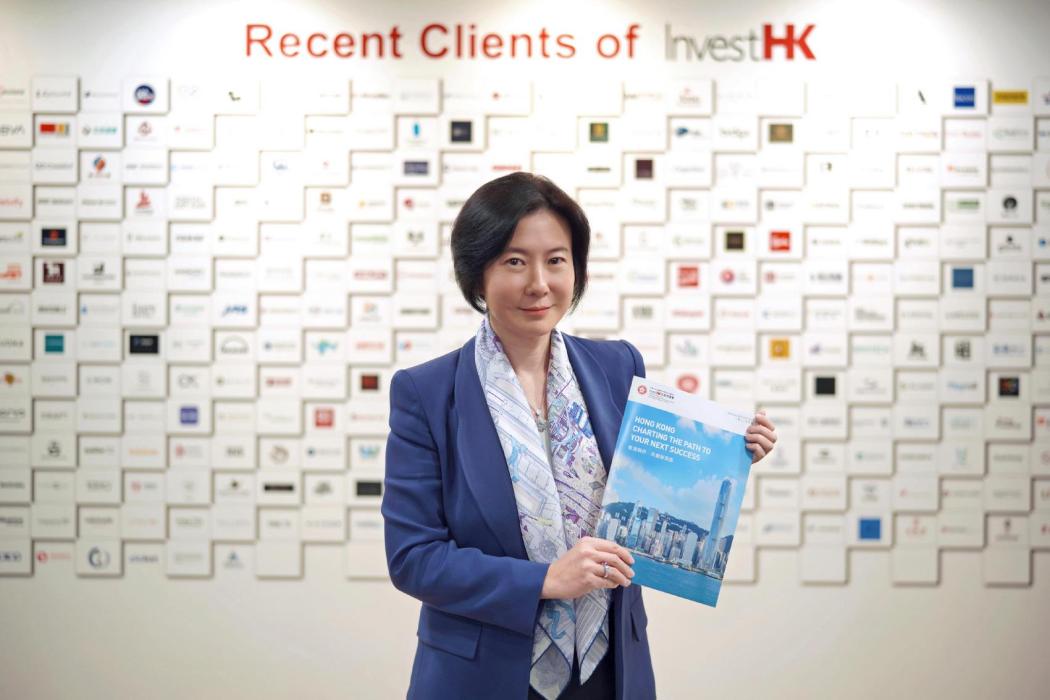
Among the companies attracted last year, 136 are mainland Chinese, 48 companies are from the UK, 34 from the US, and 27 from Singapore.
According to the department, Budweiser chose Hong Kong as its Asia-Pacific headquarters last year. Taier, a mainland Chinese catering group featuring Sichuan-style fish with pickled greens, arrived in the city last year and opened four restaurants.
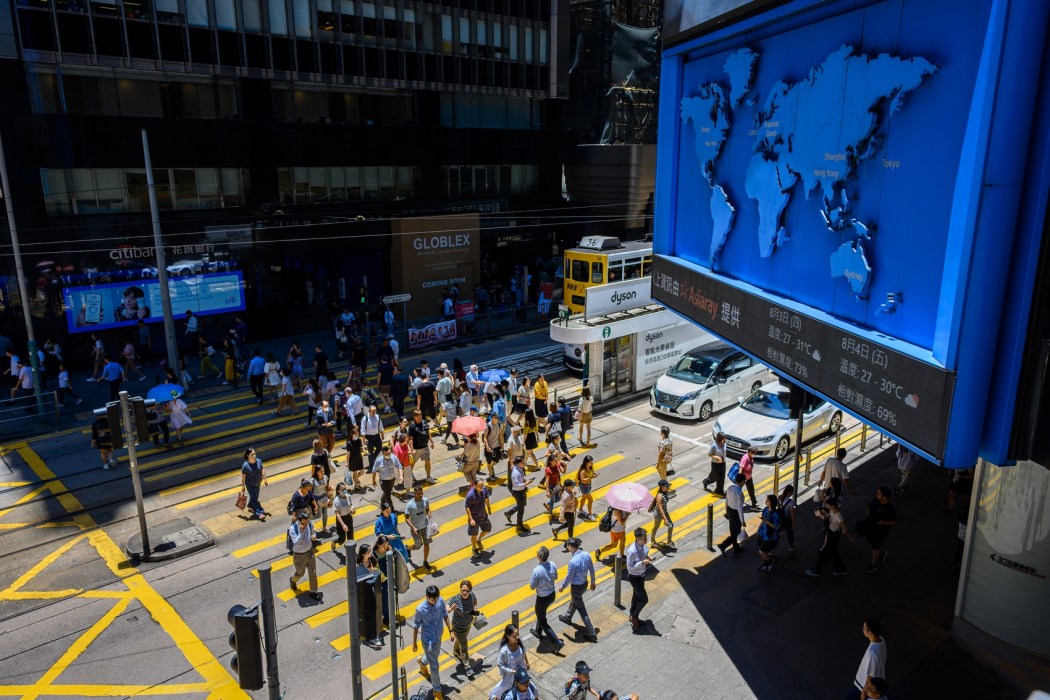
Lau said the new or expanded businesses involved a total investment of HK$61.6 billion and created more than 4,100 job opportunities during their first year of operation.
Impact of Article 23
Asked at a press conference whether plans for the city’s home-grown national security law would affect the role of Invest HK, Lau said that as far as she knew foreign chambers of commerce chambers had paid attention to the legislation but did not think it would affect business, Commercial Radio reported.
Authorities released a consultation paper on the new law on Tuesday, the beginning of a one-month public consultation period.
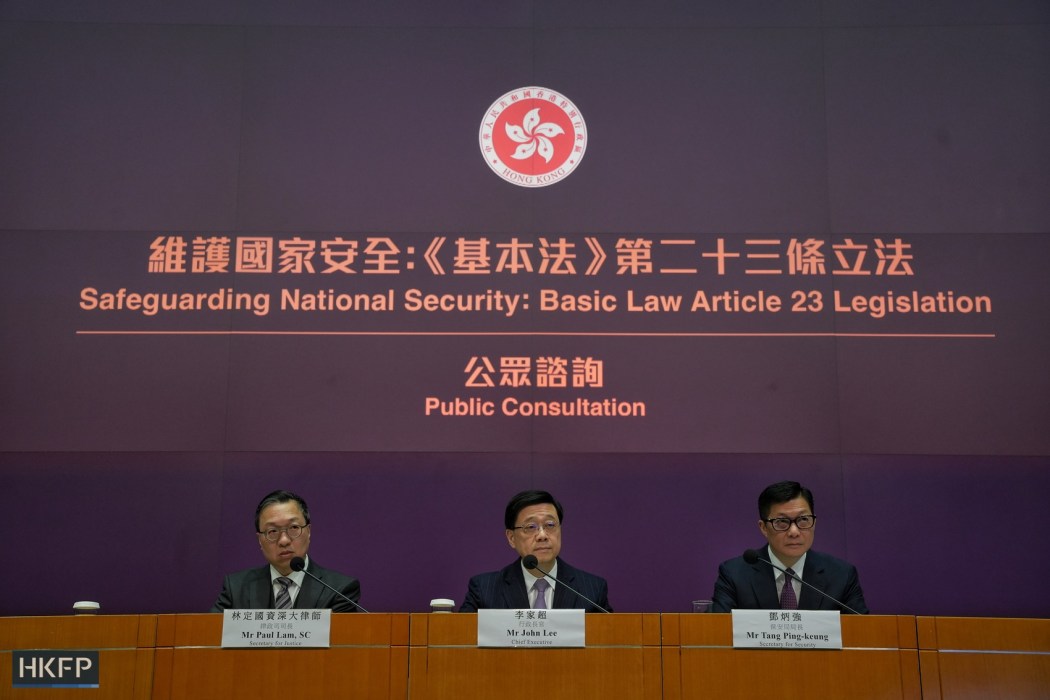
The new legislation will cover five types of crime: treason, insurrection, theft of state secrets and espionage, sabotage endangering national security, and external interference. Pro-democracy advocates and the foreign commerce sector have raised concerns over the impact the law will have on civil liberties.
During the press conference on Friday, Lau cited an annual survey by the American Chamber of Commerce (AmCham) released on Tuesday which said most members did not plan to leave Hong Kong.
The AmCham survey was conducted from November to December, before the Hong Kong government revealed its draft security legislation.
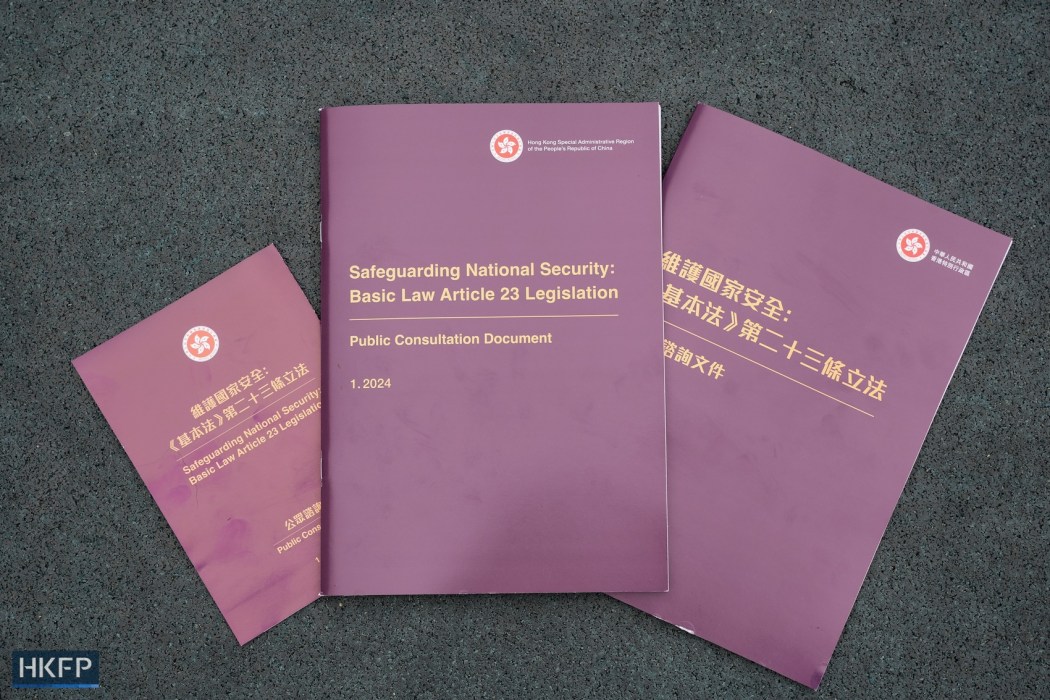
The survey, which interviewed 136 corporate AmCham members AmCham, showed that 76 per cent of respondents viewed Hong Kong as “a competitive international business hub in Asia” and 78 per cent expressed no plans to relocate their regional headquarters away from Hong Kong in the coming three years.
However, 31 per cent said they had been “negatively impacted” by an earlier Beijing-imposed national security law enacted in 2020.
Support HKFP | Policies & Ethics | Error/typo? | Contact Us | Newsletter | Transparency & Annual Report | Apps
Help safeguard press freedom & keep HKFP free for all readers by supporting our team









